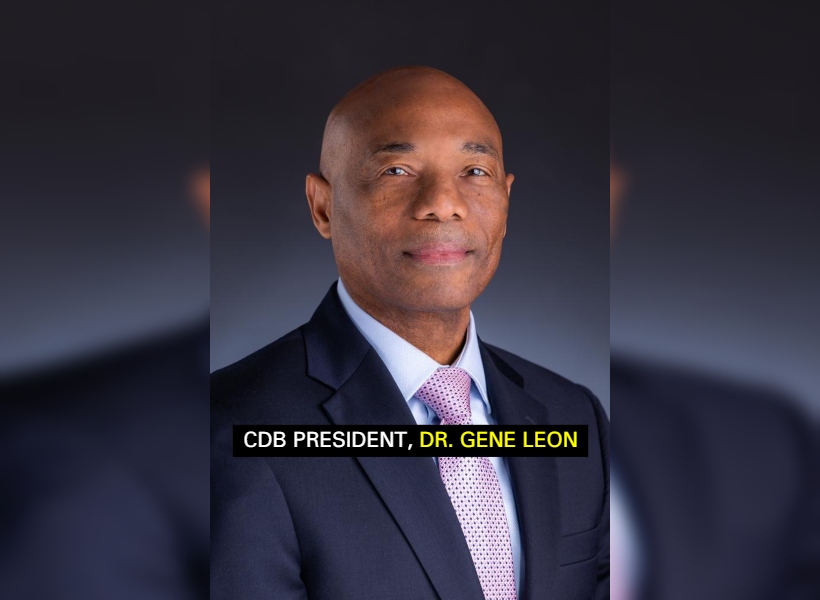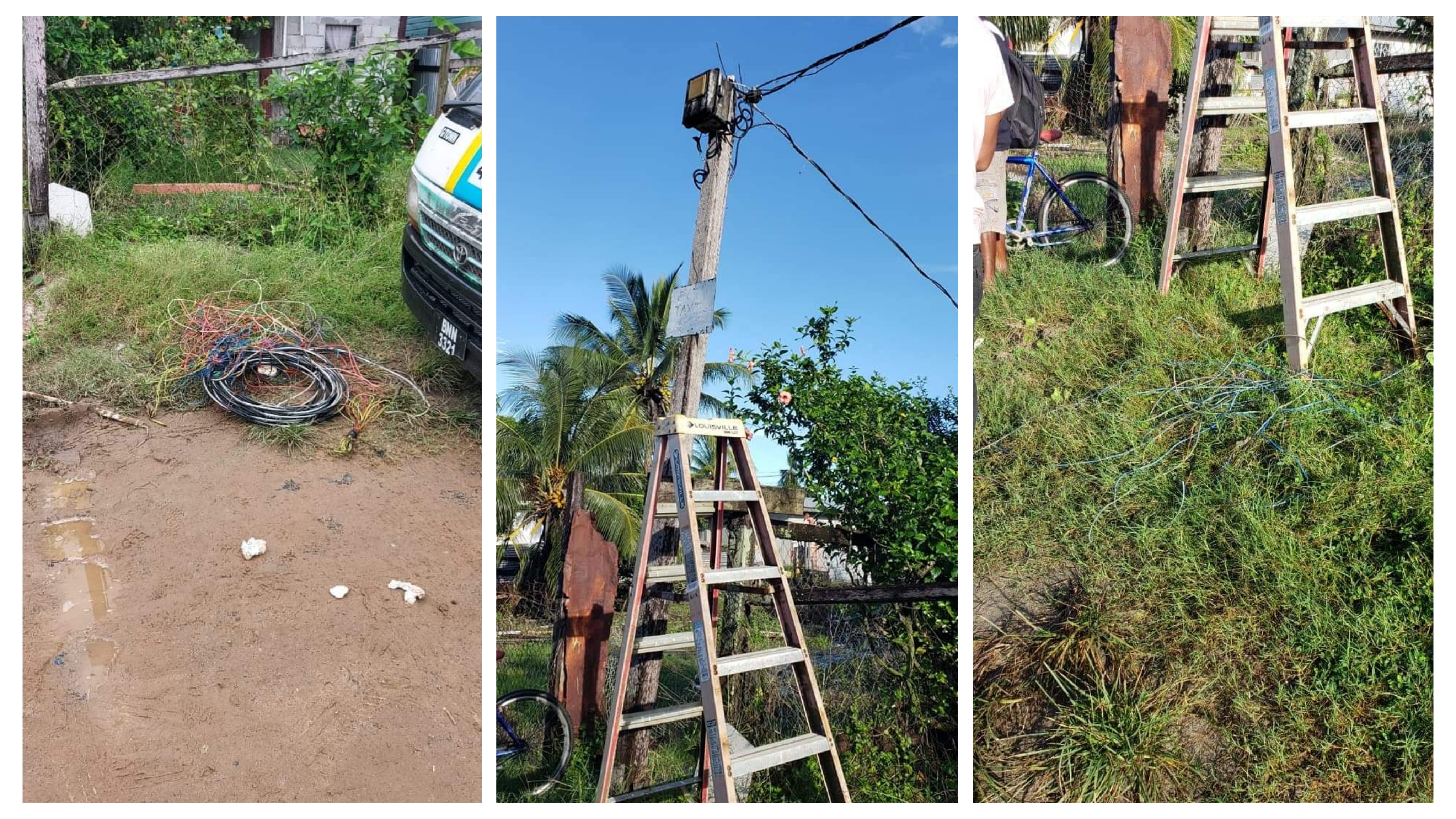When it comes to electricity theft, statistics from the Guyana Power and Light (GPL) show that only seven percent of the perpetrators are residential customers. Highlighting this recently was former Minister of Public Infrastructure David Patterson. He said commercial and industrial customers are “the biggest thieves” of electricity but often evade prosecution.
Patterson, who made the foregoing declaration during a press conference held last week by the Alliance for Change (AFC), explained that electricity theft has been a decades-old problem. He said there have been several interventions from the level of Government and Guyana Power and Light to address the issue.
He noted that a study done under the Public Utilities Upgrade Programme (PUUP) in 2018 indicated that only a small number of residential customers steal electricity. He noted that the majority of electricity theft is done by known commercial and industrial customers.
“The Inter-American Development Bank (IDB) had done a study just before PUUP, and you’ll be surprised that theft wasn’t found in areas like Sophia and Barnwell North. Those had a really small percentage of theft and it’s always been a common misconception… We also have ice houses, rice mills and big businesses, even Chinese restaurants that are stealing electricity too and they cover the majority of theft in the grid,” Patterson claimed
The opposition parliamentarian noted that some of these commercial thefts were reported and in some instances were prosecuted. He noted that many businesses opted to settle the matters privately to avoid public humiliation.
As he expressed sympathy with the family of the couple who was electrocuted last week in Success, East Coast Demerara, Patterson was keen to note that the theft of electricity is a life-threatening venture for anyone, even if they are not stealing electricity.
“A study done during my time indicated that people who steal electricity don’t do it because they want to, they do it because they can’t afford electricity or the installation cost, and in some areas, there is no infrastructure for them to be connected to the grid. And these are just some of the factors,” Patterson said.
He noted that during his tenure as minister, a number of measures were implemented in the PUUP. Among those measures, he said, was a plan of action that saw many benefitting from reduced and in most cases waived installation costs for customers in new residential schemes and squatting areas.
“One of the things we decided on in the programme was that for residential and squatting areas, once a request was made by residents, through GPL, they would go into the area and lay the infrastructure free of cost. That opened the access for a lot of people to come off stealing electricity. Of course now that policy however no longer exists,” Patterson said.
Meanwhile, Patterson suggested to the current administration that the PUUP plan of action be reimplemented to stop the theft of electricity. “One of the things they can do is provide prepaid meters so that people can access and monitor their own consumption. We did a bit of it while in government and I think it would work well. They can’t just sit and watch these things happen. The economy is hard and we need to provide solutions to these problems, ” Patterson said.








